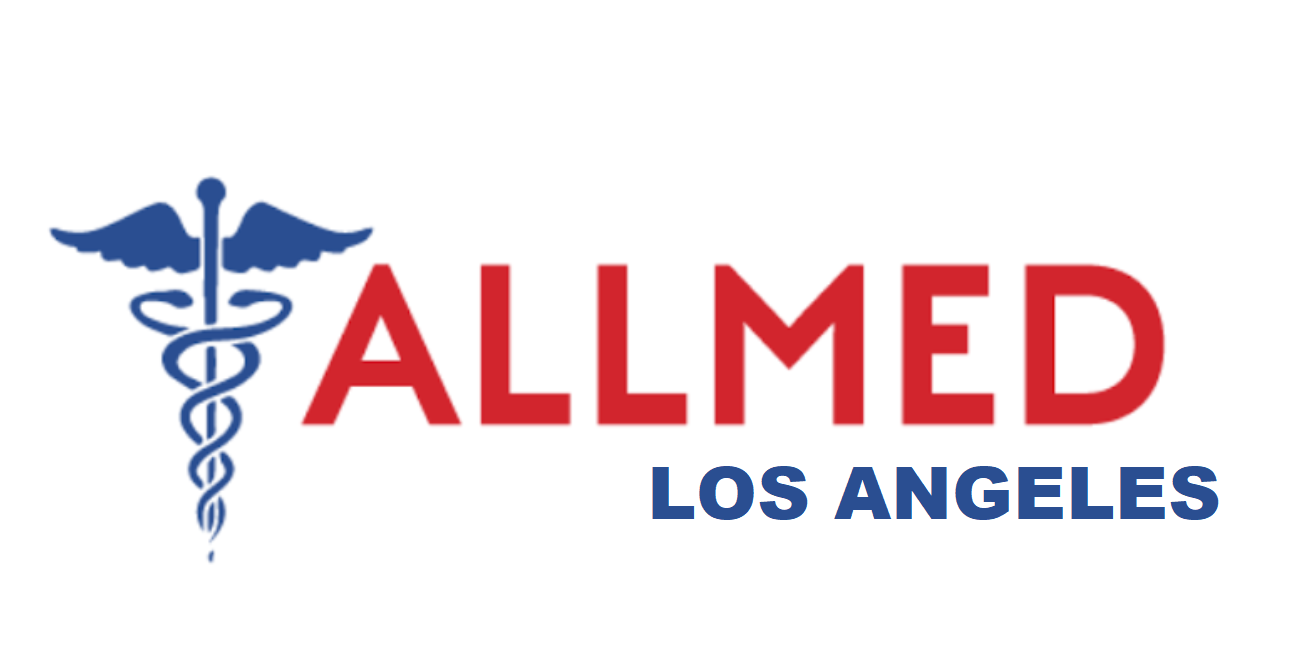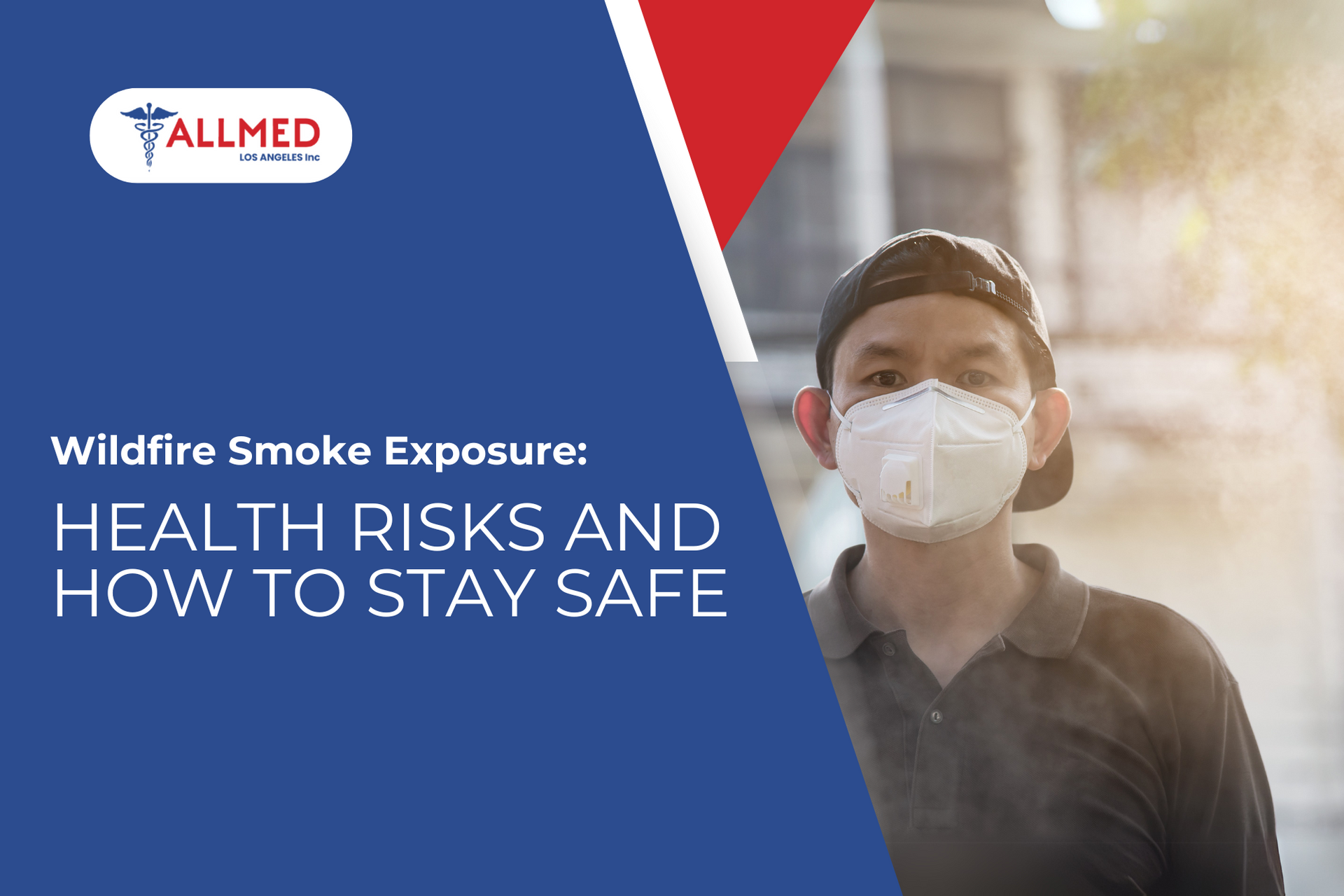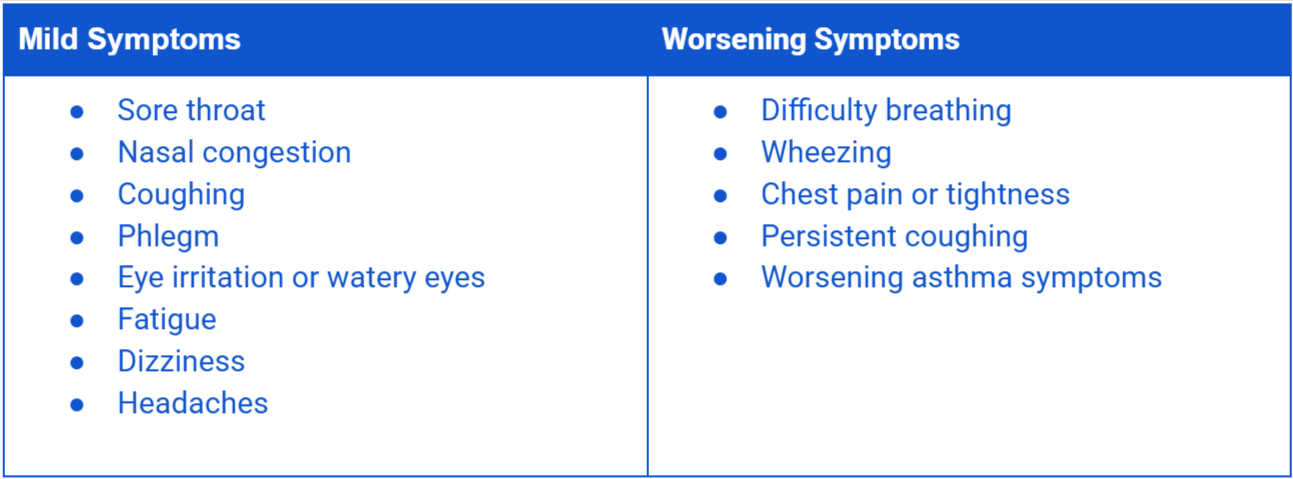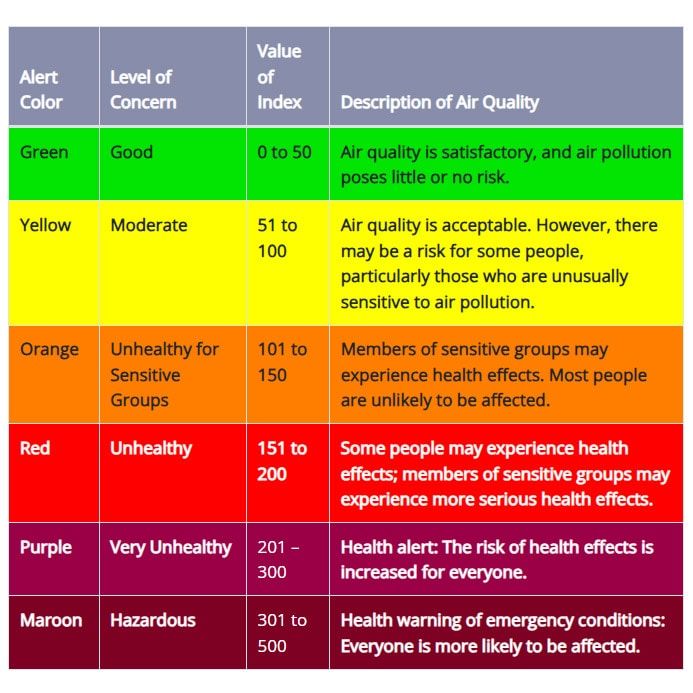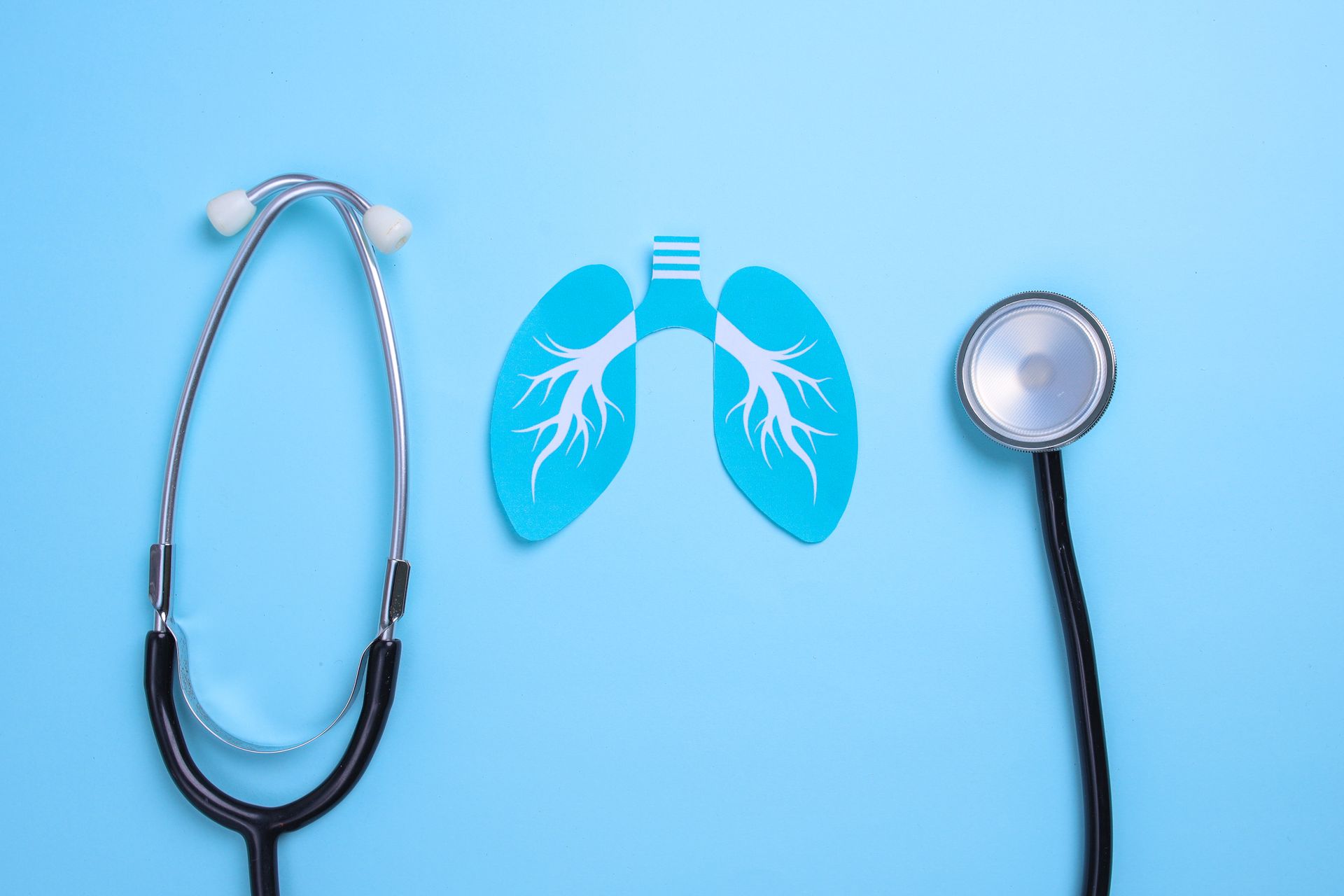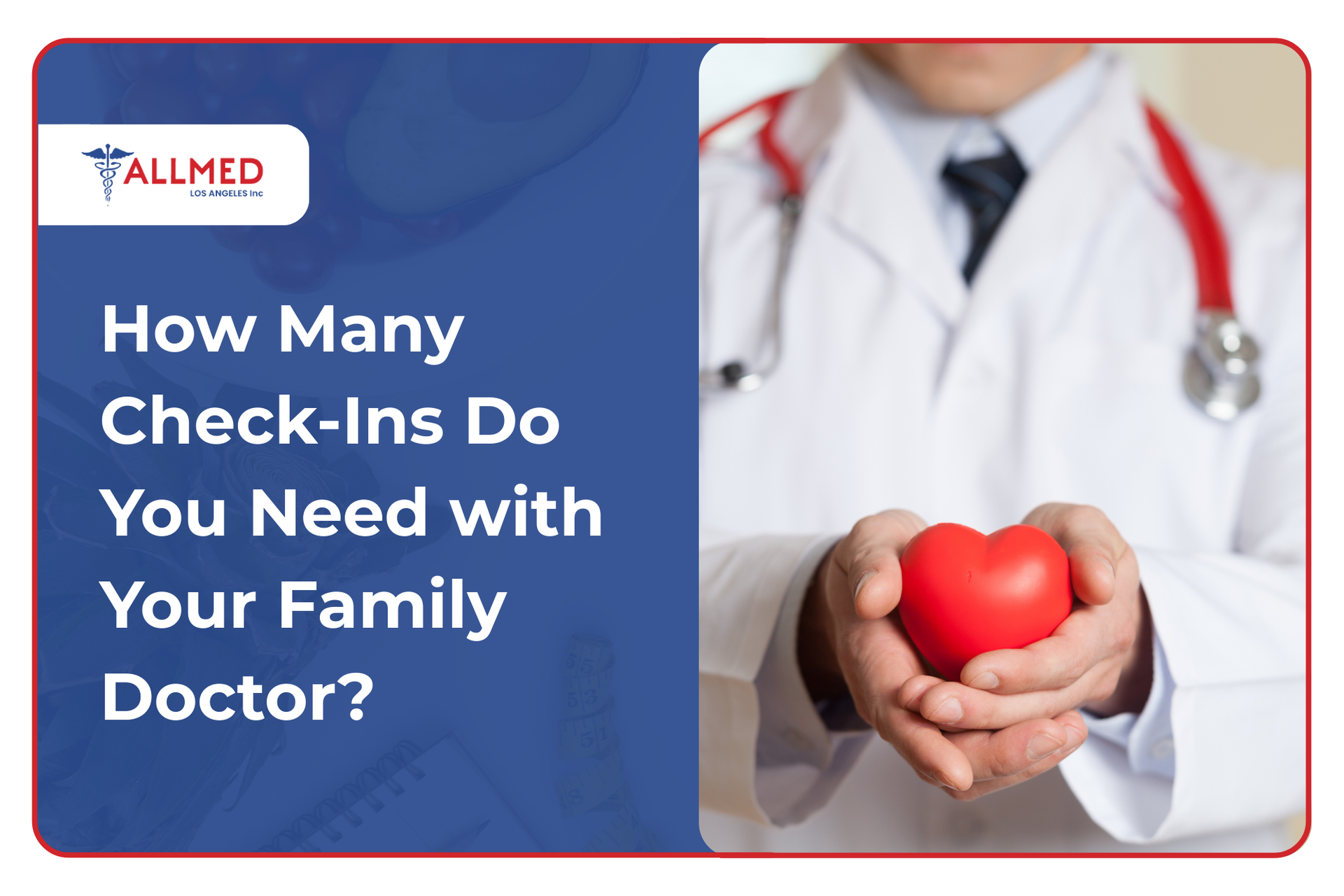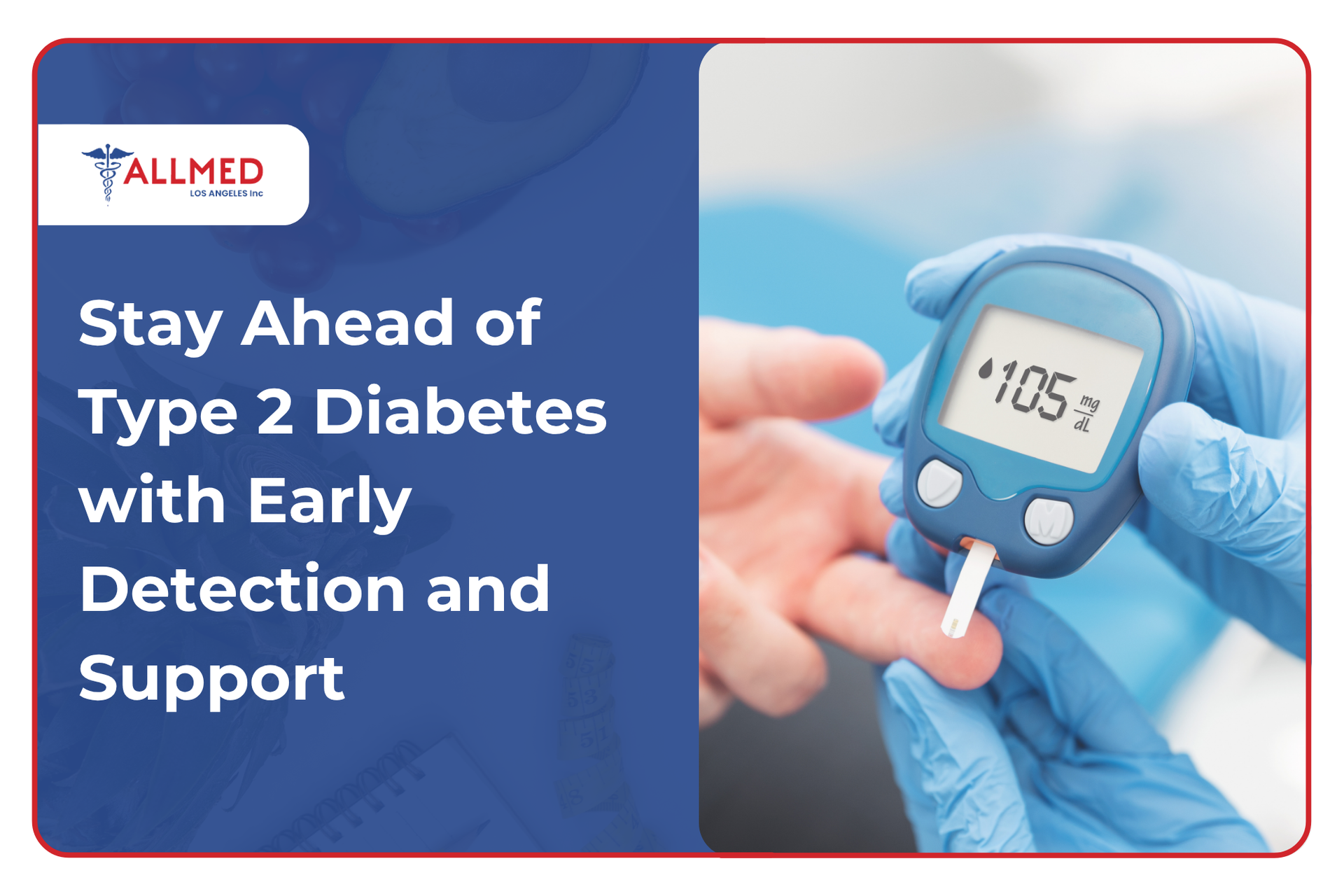California has recently faced a series of intense wildfires, impacting large areas and affecting countless lives. Even for those far from the flames, smoke lingers in the air, carrying tiny, harmful particles deep into the lungs—posing an even greater risk for those with
respiratory and heart conditions. Smoke exposure can cause anything from mild irritation to more serious long-term problems, making it paramount to know how to protect yourself when air quality drops.
As our communities recover from the recent wildfires, the lingering effects of smoke exposure remain a concern. While rebuilding is essential, preparing for future wildfire seasons is just as important. This blog explores how communities can better protect themselves from the health risks of wildfire smoke.
Step Up Your Defense Against Smoke Exposure
What Is Wildfire Smoke?
Wildfire smoke is a hazardous mix of gases and fine particles released when vegetation, buildings, and other materials burn. Some of the most concerning components include:
Particulate Matter (PM2.5): These microscopic particles penetrate deep into the lungs, causing inflammation and respiratory issues.- Carbon Monoxide (CO): A toxic gas that reduces oxygen delivery to the body, leading to dizziness, headaches, and even life-threatening conditions in high concentrations
- Volatile Organic Compounds (VOCs) & Other Toxins: These include hazardous chemicals that can irritate the eyes, throat, and lungs.
One of the most alarming aspects of wildfire smoke is how far it can travel. Smoke drifts hundreds of miles, impacting communities far from the actual fire. This widespread air pollution worsens air quality across entire regions, increasing health risks for millions.
Symptoms of Wildfire Smoke Exposure to Watch For
Below are the signs of smoke-related health issues you must know to help you take action before they worsen.
Exposure to smoke causes both immediate and long-term health problems. While smoke toxins affect everyone, children, the elderly, pregnant individuals, and those with
diabetes, kidney, respiratory, and heart conditions are at greater risk. Below are the adverse health effects of wildfire smoke:
1. Respiratory Issues
The most immediate effect of wildfire smoke exposure is lung irritation, but the damage can extend far beyond a scratchy throat or a mild cough. Breathing in smoke can lead to:
- Worsening of asthma, COPD, and other lung diseases
- Irritation of the airways, resulting in coughing, sore throat, and shortness of breath
- Increased risk of infections, as prolonged exposure weakens the respiratory system’s defenses
2. Cardiovascular Risks
Smoke exposure doesn’t just affect the lungs—it also strains the heart. Tiny smoke particles can enter the bloodstream, causing:
- Increased blood pressure and heart rate
- Higher likelihood of heart attacks, strokes, and sudden cardiac events, especially in people with heart disease
- Irregular heartbeats (arrhythmias) and heightened cardiovascular strain after prolonged exposure
- Possible blood clot formation, posing the risk of deep vein thrombosis (DVT) or stroke in vulnerable individuals
3. Negative Effects to Pregnant Women
Pregnant individuals are vulnerable to wildfire smoke exposure, as harmful pollutants affect not only their health but also the development of their unborn baby. Smoke toxins can reach the placenta, affecting fetal growth and raising pregnancy risks.
Health risks for pregnant individuals include:
- Higher risk of high blood pressure and preeclampsia
- Lower oxygen supply to the fetus due to carbon monoxide exposure may contribute to developmental issues.
- Increased risk of preterm birth due to inflammation and stress on the body
4. Long-Term Complications
Long-term exposure to smoke has lasting health implications for communities that experience recurring wildfires and smoke pollution. Chronic inhalation of smoke may contribute to:
- Reduced lung function over time
- Persistent inflammation that leads to chronic respiratory diseases
- Increased chances of premature death
- Higher risk of hospital admissions and emergency room visits
How to Protect Yourself from Wildfire Smoke
When wildfire smoke blankets the air, staying safe requires more than just avoiding the flames. Smoke carries harmful toxins that can sneak into your home, workplace, and even your car, so limiting exposure should be a top priority.
Here’s what you can do:
✔️
Stay Indoors
To protect against poor air quality, stay indoors and close all windows. Seal gaps around doors and windows using weather stripping, and set air conditioners to recirculate. If conditions become too hazardous, consider relocating to an area with cleaner air.
✔️
Improve Indoor Air Quality
Even with the best precautions, some smoke can still enter, so you must take additional steps to improve indoor air quality. Use a HEPA filter in your HVAC system to minimize indoor pollution further. Consider setting up a "clean room" with an air purifier and keeping doors closed during smoky days. Avoid indoor activities that increase pollutants, like burning candles, using unventilated gas stoves, or smoking.
✔️
Limit Outdoor Activity
If you must go outside, limit physical exertion. Avoid activities like jogging, yard work, or even long walks when air quality is poor, as deep breathing increases smoke inhalation. Children and pets should stay indoors as much as possible since they are more vulnerable to smoke-related health effects. Try to go when air quality is better (usually in the early morning or late evening).
✔️
Wear a Mask
Protecting yourself from wildfire smoke requires using a tight-fitting N95 or P100 respirator to filter out dangerous pollutants. Regular cloth masks with a single strap or ear loops do not provide a secure seal for proper respiratory protection. Opt for a mask certified and approved by the
National Institute of Occupational Safety and Health (NIOSH).
✔️
Create an Emergency Plan
You must always be prepared if you live in areas affected by frequent wildfires. Stock up on N95 masks, HEPA filters, and medications to reduce risks when air quality remains poor for days or weeks.
If the situation turns unsafe, prepare an evacuation plan ready. Have options ahead of time, whether it’s renting a hotel room, staying with a friend, or finding shelter at a community center with cleaner air.
✔️
Monitor Air Quality
Monitoring air quality is crucial since wildfire smoke levels change rapidly and contain harmful pollutants even if the air appears clear. Use reliable sources like
AirNow.gov, local weather apps, or the EPA's Smoke and Fire Map for real-time updates. Always heed public health advisories about outdoor activities and safety measures.
At AllMed LA, we ensure our patients receive the care they need, especially during wildfire season. Our services include:
1. Health Screenings & Medical Advice
Allmed LA wildfire health support includes consultations for respiratory and cardiovascular concerns related to smoke exposure. Our expert doctors will provide treatment for symptom relief and prevent complications from air pollution.
2. Treatment for Respiratory Issues
We offer relief for smoke-related symptoms with oxygen therapy, inhalers, and medicines.
3. Preventive Care & Vaccinations
Get all the required
flu shots and pneumonia vaccines to lower respiratory infections during smoke exposure. Vaccinations are readily available at AllMed LA.
4. Mental Health Support
Recognizing the mental health impact of wildfires, we offer resources for stress management and comprehensive mental health support to help you cope during these difficult times.
Stay Safe and Breathe Easier!
As wildfires impact our communities, you must take steps to protect yourselves and your loved ones. Stay informed, monitor air quality, and prioritize your health.
Please don't wait to get medical attention if you or your family members have persistent symptoms like coughing or shortness of breath. At AllMed LA, we’re here for you with compassionate respiratory care, personalized advice, and the support you need to stay safe. Whether you have questions or need urgent care, our team is just a call or visit away.


